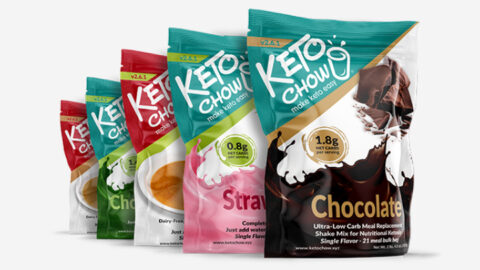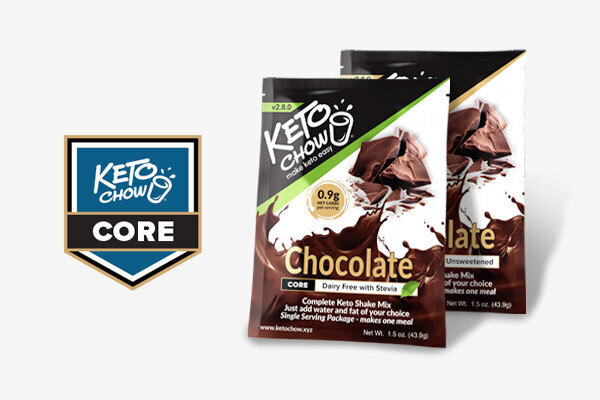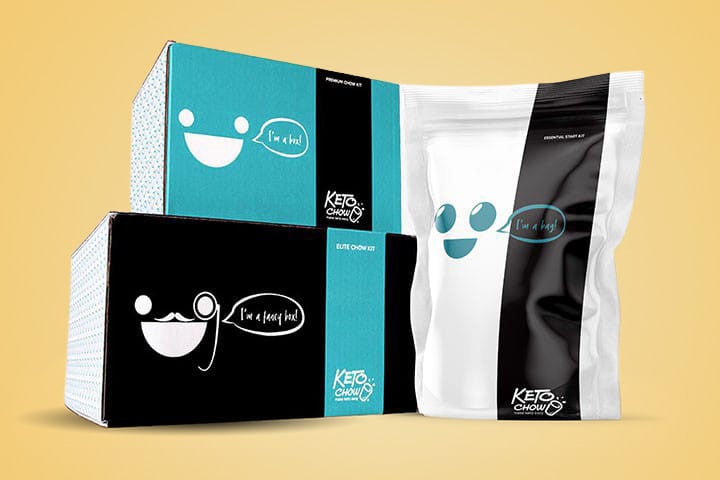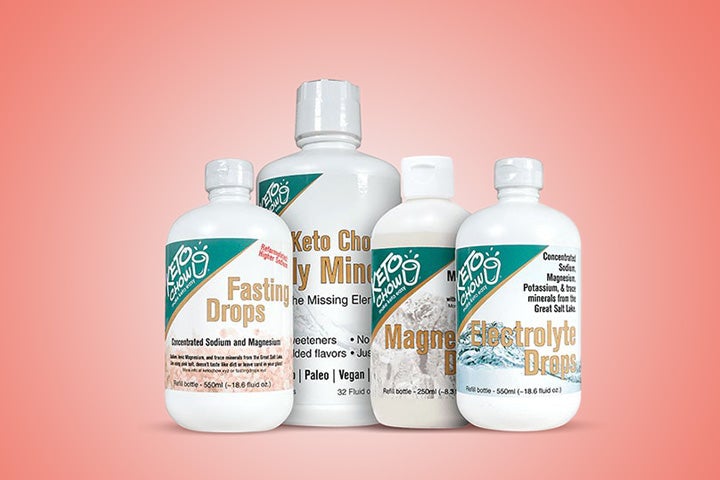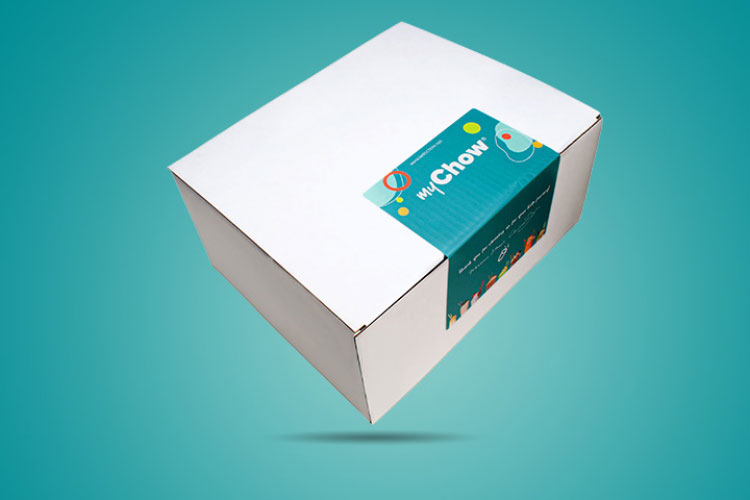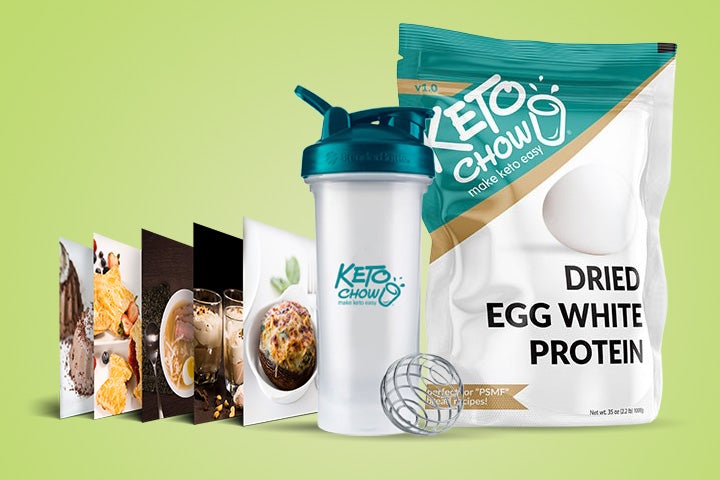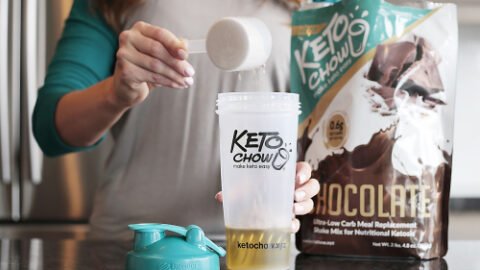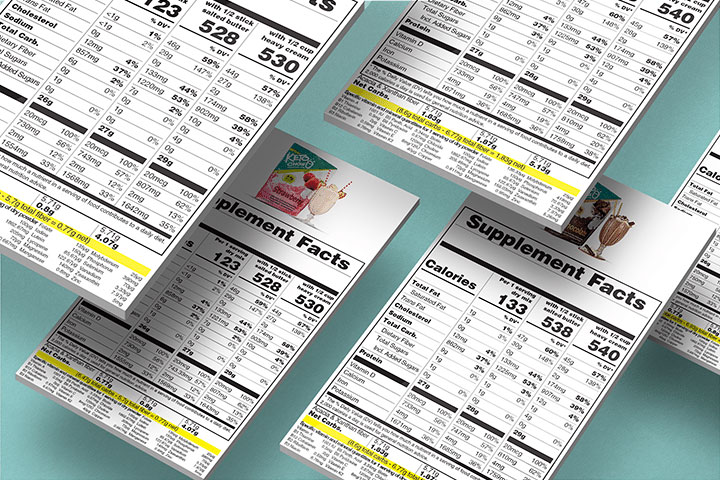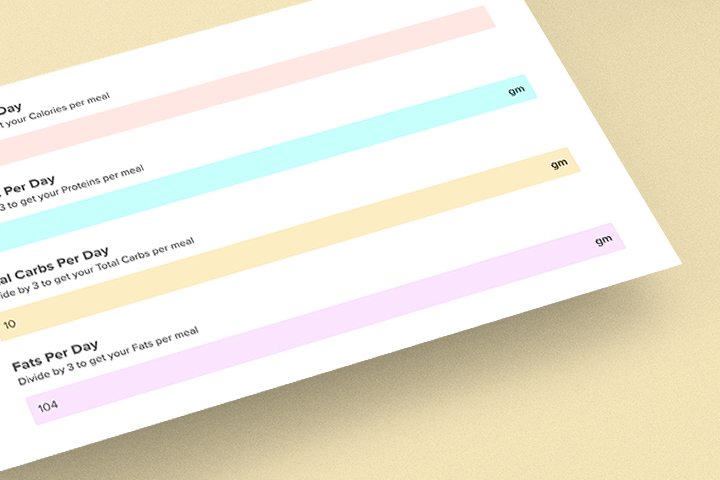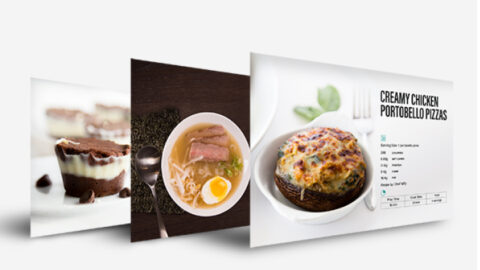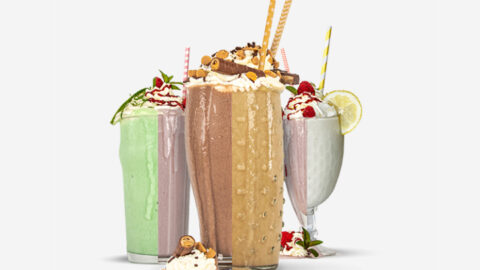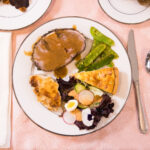An entire industry sprung up a few years ago which didn’t exist previously: collagen powder. People put it in their coffee, add it to recipes, and they sip on bone broth like it’s a magical elixir. But what exactly is collagen, and do you need to include it in your keto diet?
What is Collagen?
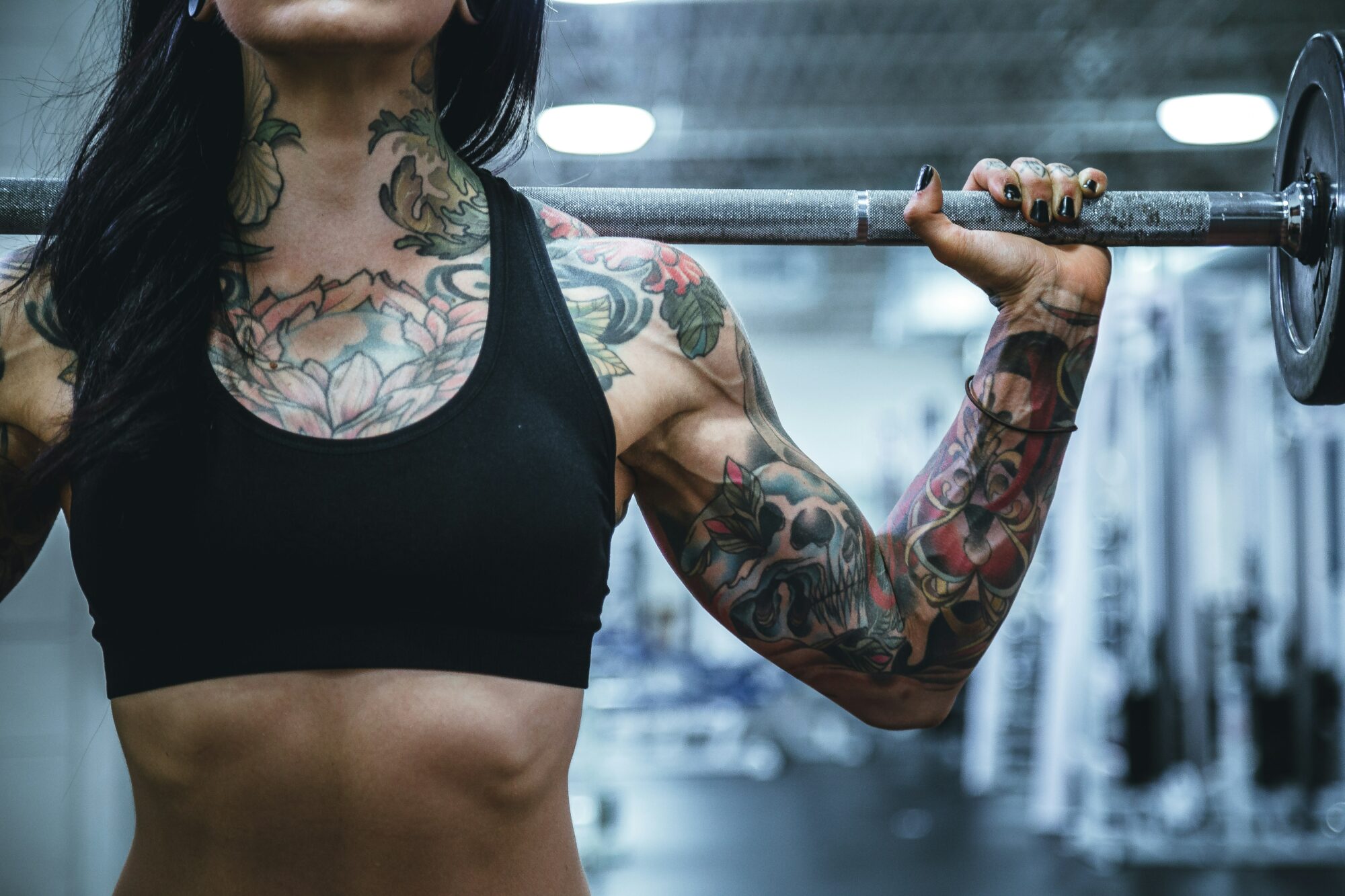
Collagen is a protein that makes up several structures in your body. In fact, it’s the most abundant protein in the human body, accounting for about 30% of your total body protein. The molecular structure of collagen is a triple-stranded helix (like a braid), which makes it especially strong and uniquely suited to its role as a primary constituent of bones, skin, tendons, ligaments, blood vessels, and other tissues.
What is Collagen Made Of?
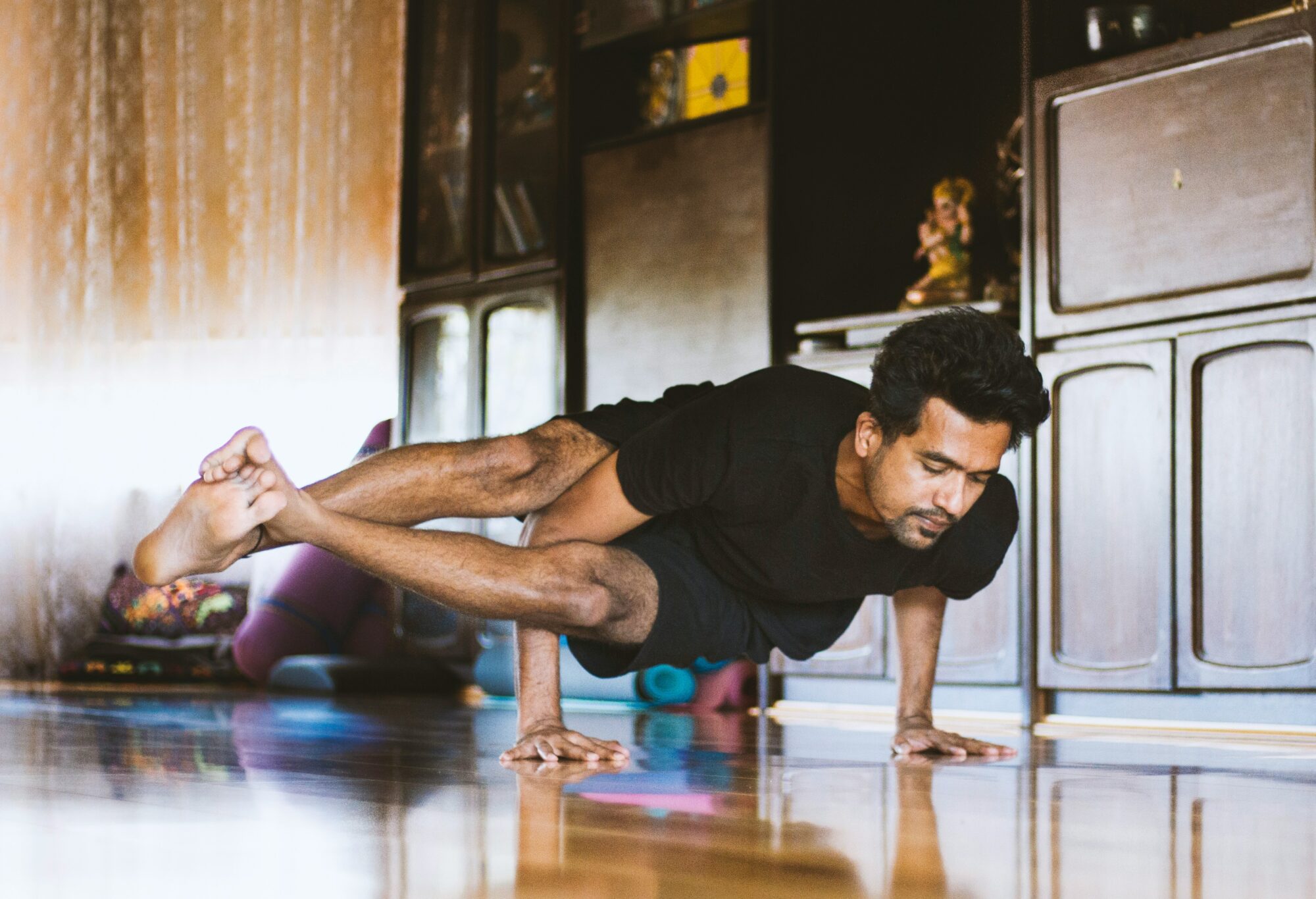
Like every protein, collagen consists of amino acids. It’s especially rich in the amino acid glycine (every third amino acid in collagen is glycine). Proline and lysine are also abundant in collagen.
And while the structure of collagen is amino acids, your body needs other nutrients in order to make collagen. Vitamin C and copper are especially important in collagen synthesis. Some of the signs of scurvy (severe vitamin C deficiency) – such as bleeding gums and easy bruising – result from insufficient collagen production.
Where is Collagen Found?
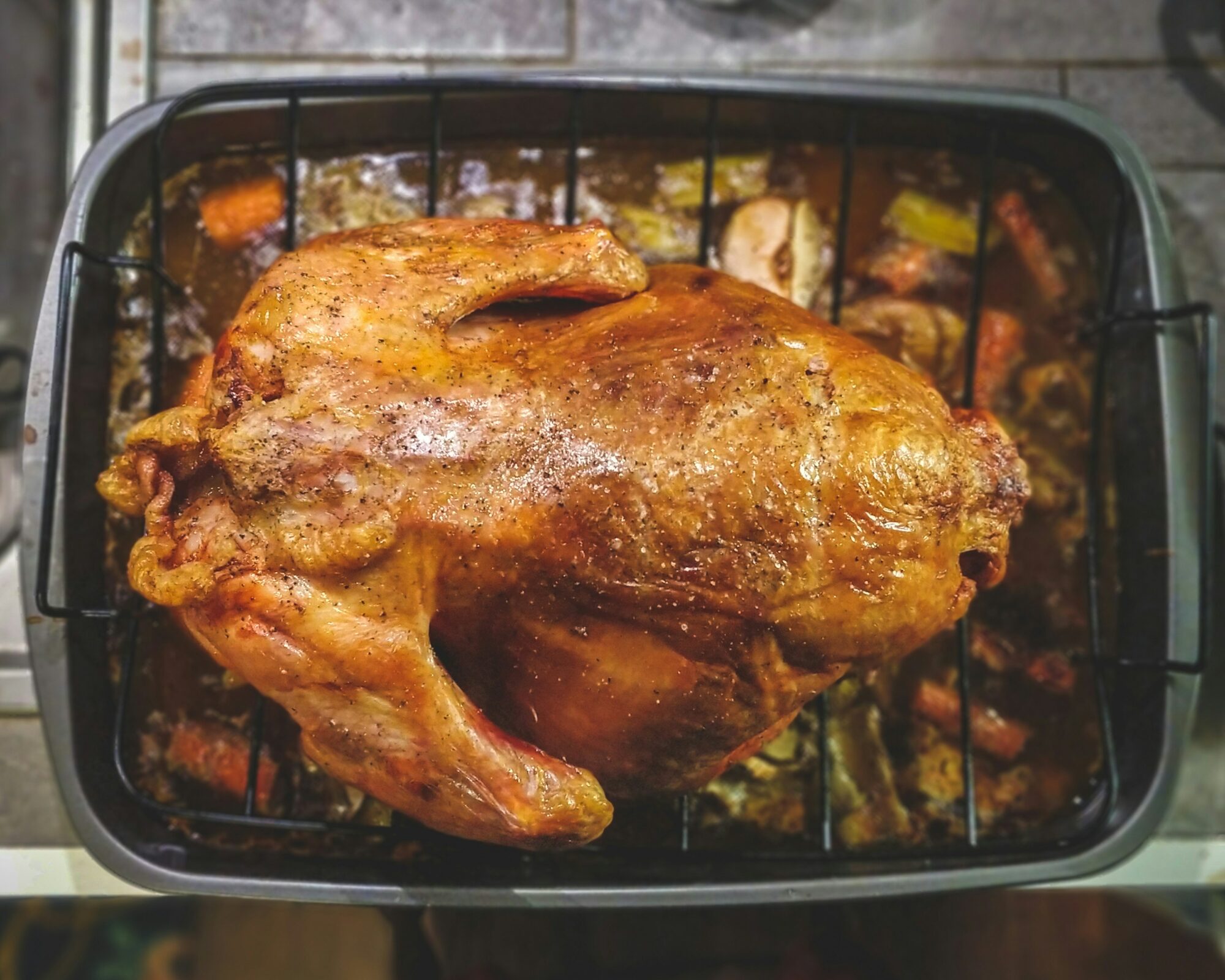
Collagen is found exclusively in animal foods, like beef bone broth, sardines, organ meats, and chicken. Plant foods, like legumes, red bell peppers, lettuce, and broccoli, contain the amino acids found in collagen, and they can also provide the micronutrients required for collagen synthesis. This means that plant foods can contribute to collagen formation in your body, but preformed collagen protein is found only in foods of animal origin.
Collagen makes up the same structures in other animals that it makes up in humans: skin, bones, connective tissue, organs, and other tissues.
How Does Your Body Make Collagen?

In her book, Change Your Diet, Change Your Mind, keto-friendly psychiatrist Georgia Ede, MD wrote, “Just as we can create thousands of English words using only twenty-six letters, we can build thousands of different proteins using only twenty-two amino acids.” This includes collagen.
Like all the proteins your body makes, it makes collagen from the total amino acid pool available to it. You don’t need to eat collagen in order to make collagen. After all, you probably don’t eat bones very often, yet you have bones.
Hair probably doesn’t make regular appearances on your dinner plate, yet your body makes plenty of it. So you don’t need to consume specific parts of an animal or specific tissues in order to build or support those tissues in your body.
As long as you consume adequate protein overall, along with the required accessory micronutrients, you’ll have the raw materials you need to make collagen.
Should You Eat Collagen?

Compared to other proteins, eating (or drinking) collagen might provide you with more of the key amino acids abundant in collagen, but all complete protein foods contribute to the total amino acid pool your body draws from to synthesize tissue.
It’s important to realize that when you consume protein – any kind of protein – your body breaks it down into its individual amino acids or small chains of amino acids, called peptides.
Your body then reassembles those amino acids into new proteins, so eating collagen doesn’t guarantee that those amino acids will be incorporated into your collagen. They could end up in any of the thousands of other proteins your body makes.
Powders Versus Foods
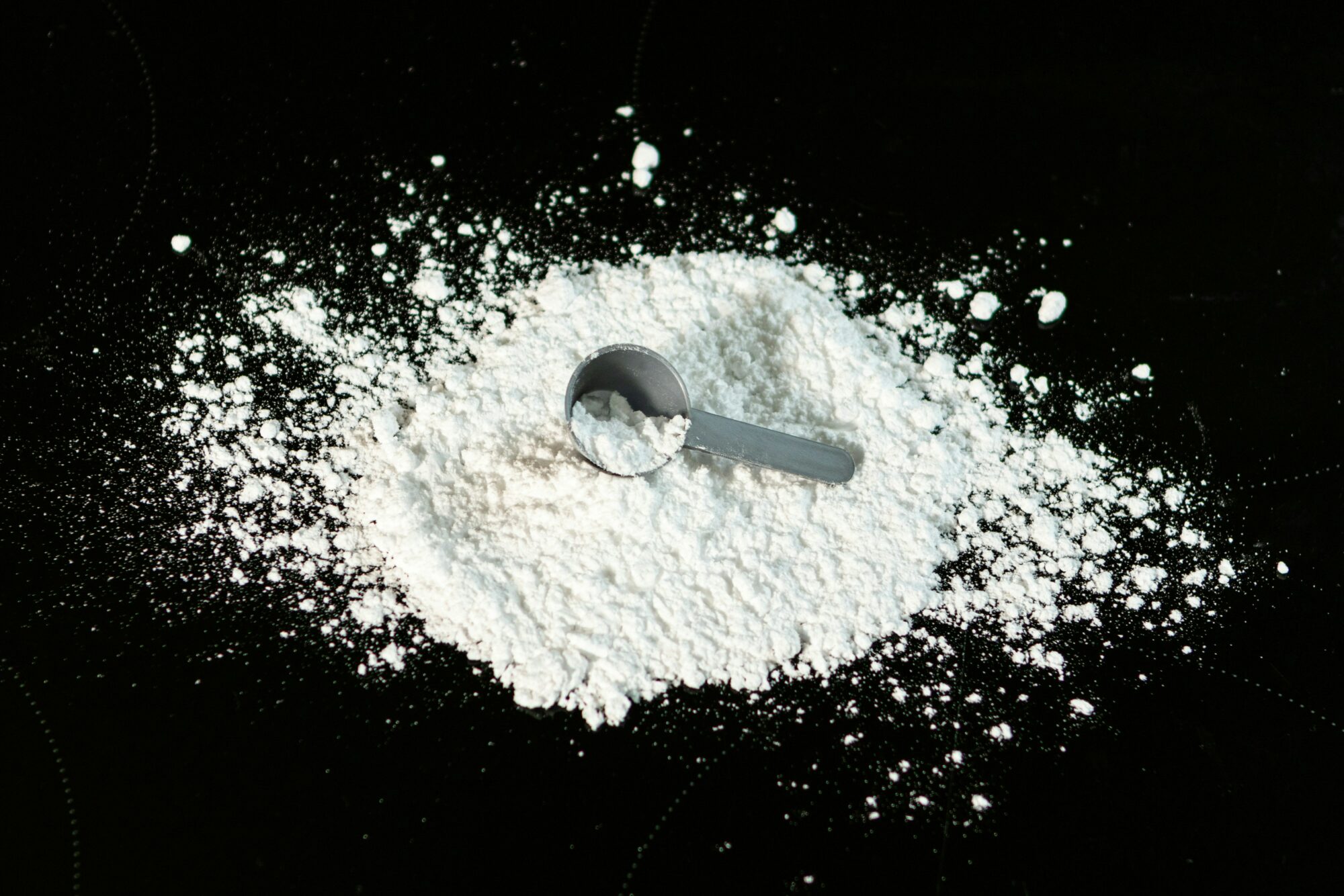
You don’t need to consume collagen in order to support your body’s collagen production, but let’s say that you want to anyway. You can use collagen powders if you’d like – they’re convenient, nonperishable, and dissolve easily in coffee, tea, and other beverages – but they’re also expensive and there are far more affordable ways to get collagen.
In fact, you’re probably already getting a lot more collagen than you realize, without any deliberate effort to do so.
Since animals have collagen in the same places we do, eating cuts of meat on the bone and cuts with skin are convenient (and delicious) ways to get collagen. Ribs, anyone?! If you’ve been eating chicken skin, salmon skin, or pork skin, congratulations: you’re eating collagen!
If you cook meat on the bone and enjoy the liquid left over in the pan, that’s more collagen. (There’s also collagen in the meat itself, but some of it leaches out into the pan.)
Besides bones and skin, cuts of meat that are especially rich in collagen include oxtails and beef, pork, or lamb shanks. Ground meat is a budget-friendly way to get collagen, too.
Signs to look for
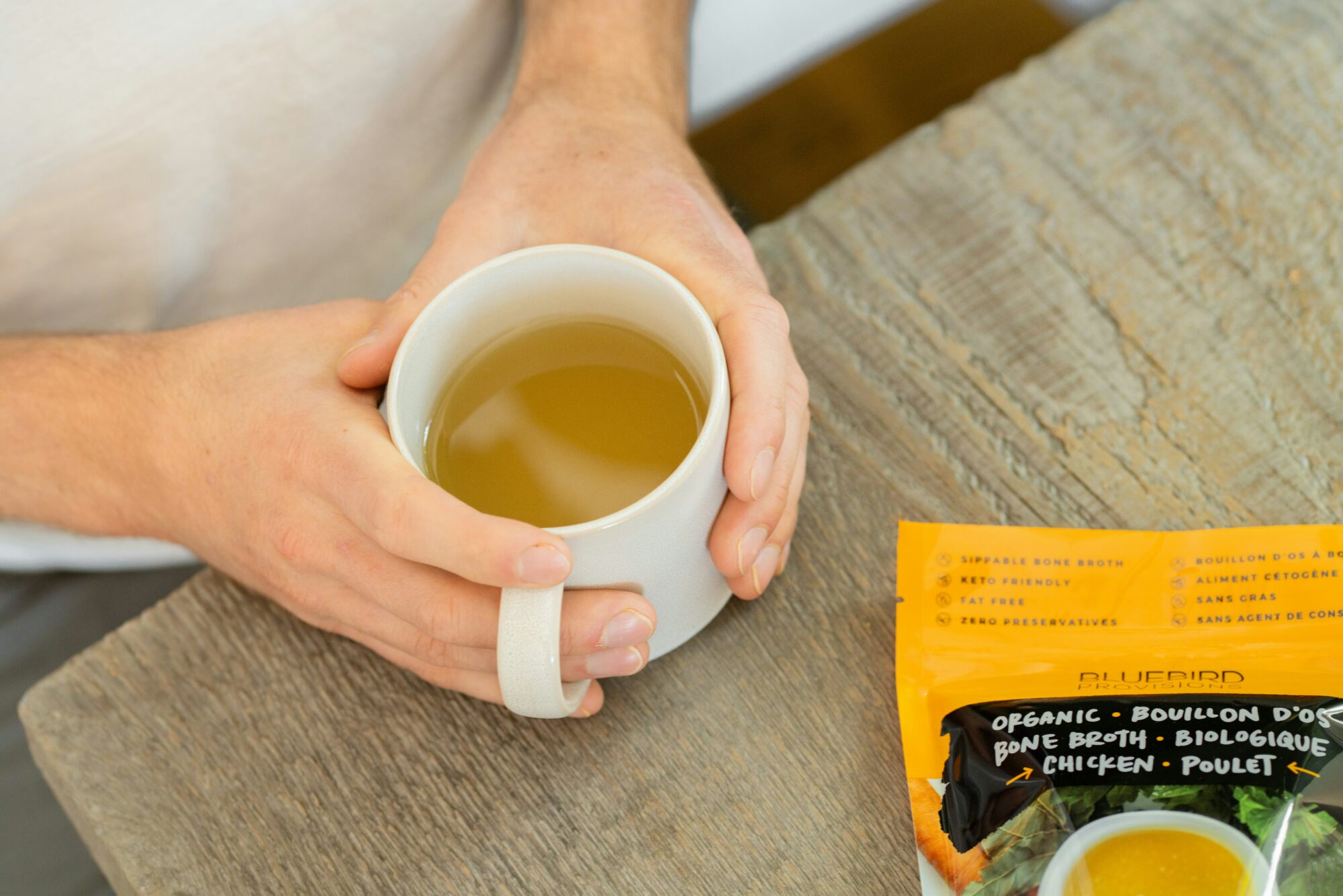
Next time you cook ground meat, reserve the liquid from the pan and pour it into a ramekin or small container and refrigerate it overnight. A thin layer of fat might rise to the surface and solidify, but underneath that, the liquid that rendered out of the meat will very likely jell.
That’s your proof that there was collagen in it. (Think about it: ground meats aren’t solely muscle tissue. Connective tissues and other bits may get added in and the cuts of meat used in ground beef contain collagen-rich components, themselves.)
If you enjoy making homemade broth from bones and other gnarly bits, that’ll give you plenty of collagen. You can buy prepared broth if you prefer, and if you have the spare cash. (The real thing can be pricey.)
But if you were thinking that simmering a big pot of bones on your stove all day was the only way to get collagen (or maybe just a little while in your pressure cooker), now you know that some of the foods you’re already eating regularly are providing you with lots of collagen.
Support Healthy Collagen
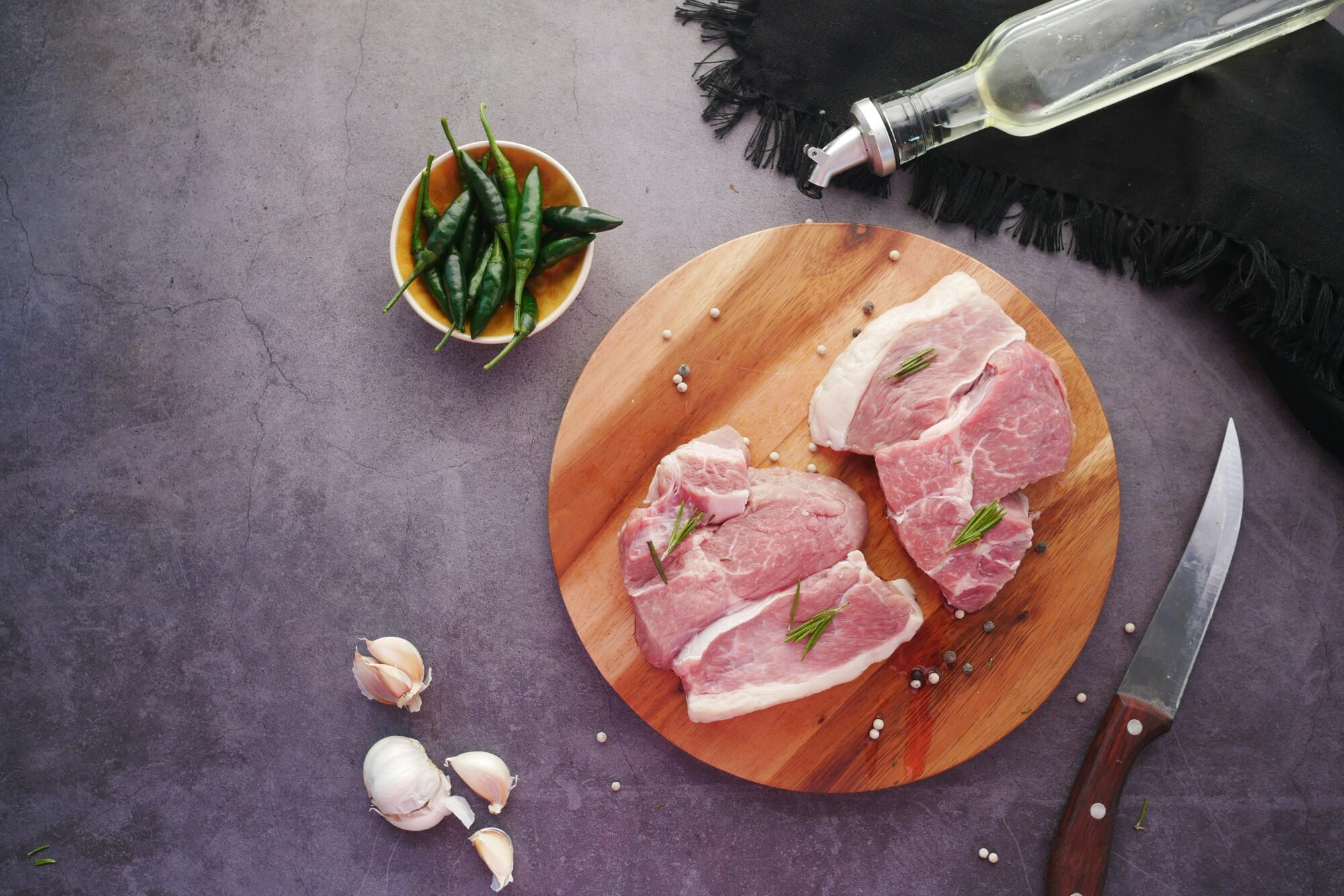
Since collagen is a key component of bones, skin, blood vessels, and other crucial parts of your body, it’s understandable that you want to take special care to ensure healthy collagen.
Step one is to consume adequate protein and micronutrients. Step two is to avoid things that damage collagen. If you’re following a keto diet, you’re already avoiding one of collagen’s major enemies: high blood sugar.
Elevated blood sugar can result in glucose latching onto proteins in your body, forming advanced glycation end products, or AGEs. It’s an appropriate abbreviation, because glycation damage to collagen in your skin can cause it “to become weak, dry and brittle” – in other words, you’ll look older.
Enemy number two to healthy collagen is smoking, and pulling up the rear is excessive sunlight exposure. You do want some sun exposure. It’s critical for vitamin D synthesis and most people find it helpful for mental health, too. But overdoing it can damage collagen and cause accelerated aging.
Summing Up

Do you need collagen on a keto diet? No. But if you’ve been using it for a while and you’re certain that it’s imparting noticeable benefits, then it’s fine to use. But it’s not required in order to support healthy hair, skin, nails, and joints.
And if you’d like to increase your collagen intake on keto, expensive powders aren’t the only way to do it. The proteins richest in collagen are often the most budget-friendly, so that’s a win-win.
Looking for a sugar-free meal that tastes like dessert?
Then check out Keto Chow! Keto Chow is a low-carb shake with 1/3 of your daily recommended nutrients. It can be made in seconds, and you can choose from over 25 delicious flavors.
